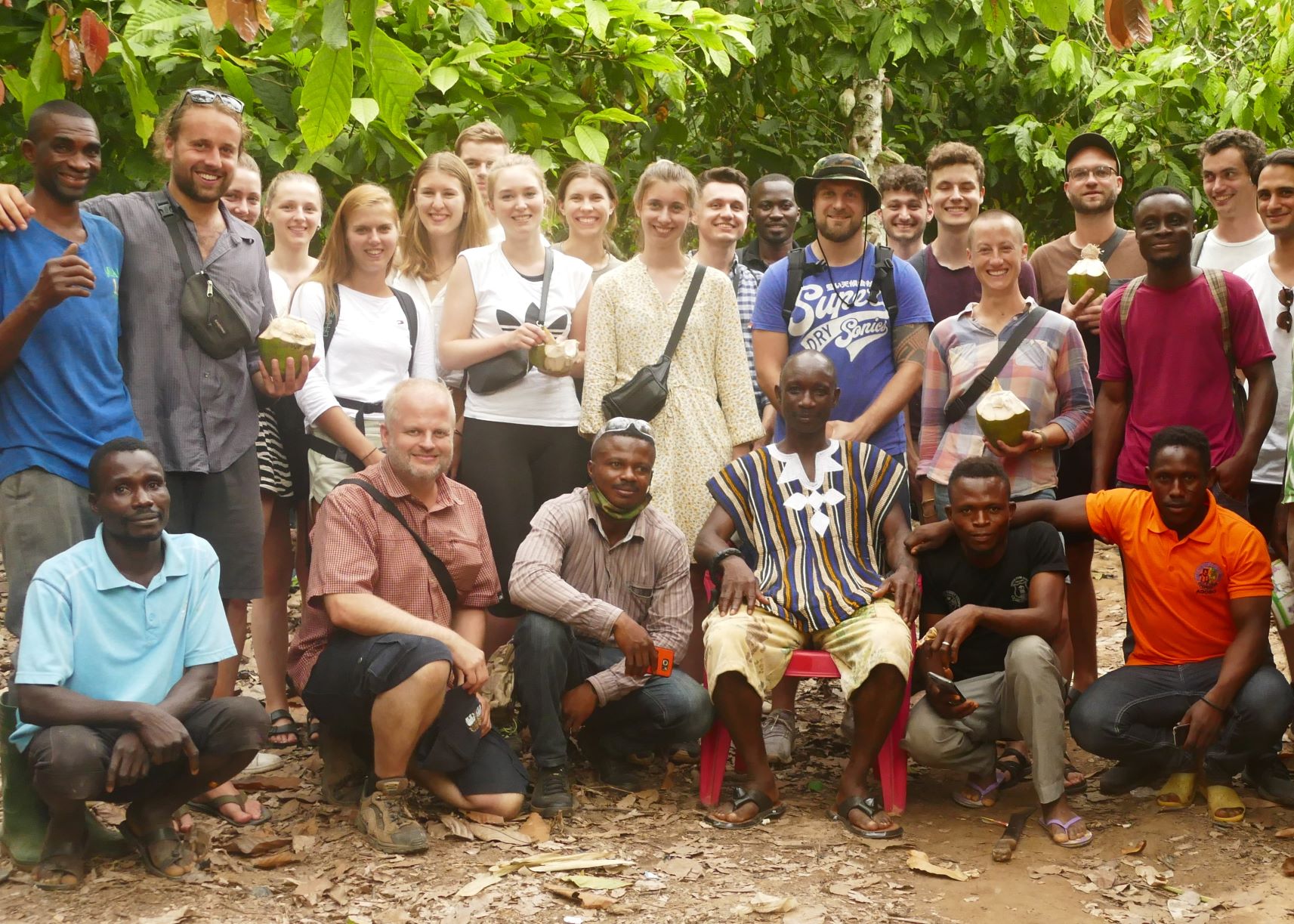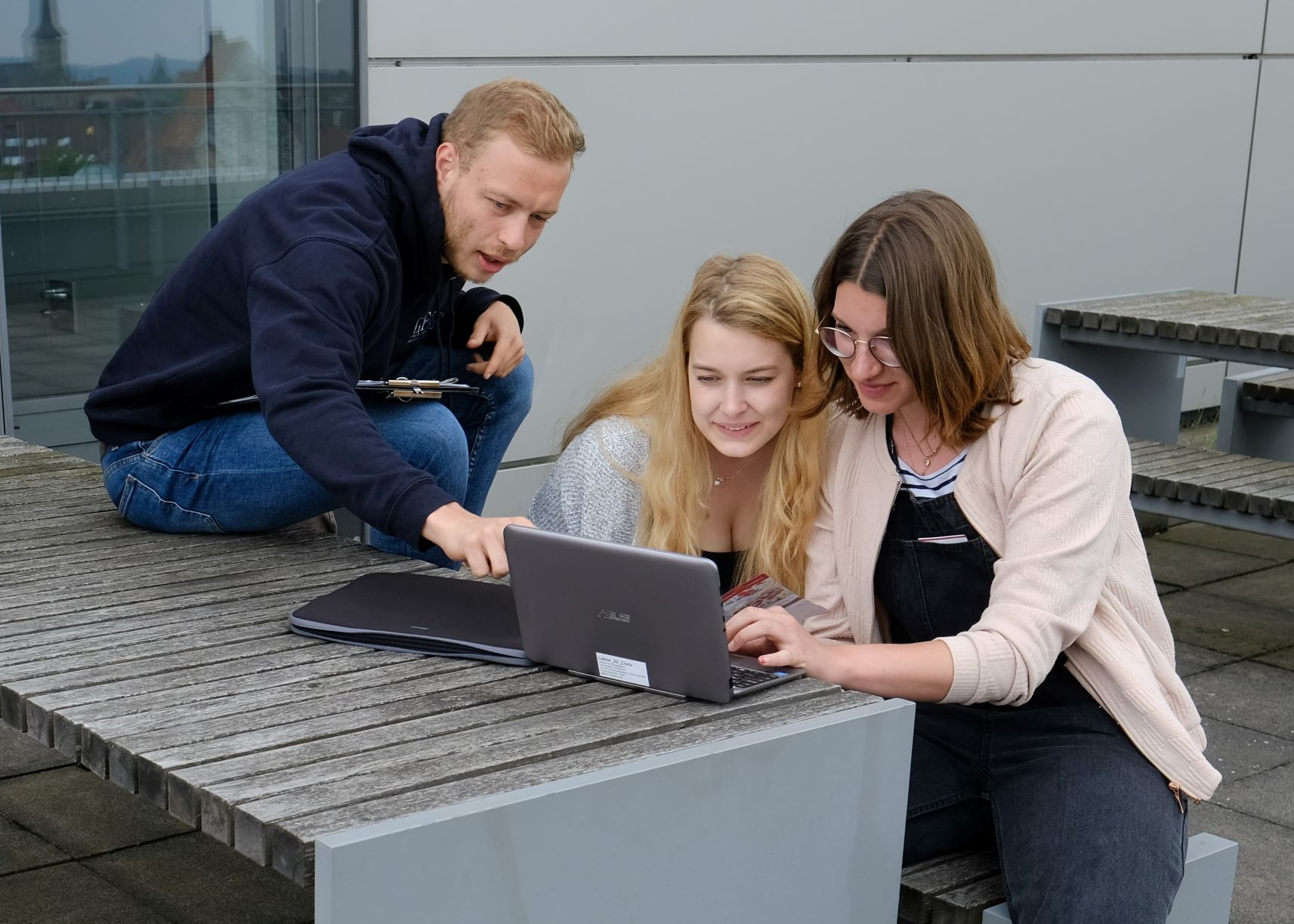Main content
Top content
Brief outline of degree program
Regulations
Click here for admission regulations, examination regulations and module desrciptions.
The two-year Master's programme is based on an integrative introduction: a joint Study Week with all students and several lecturers, among other things to compare the subject-specific and methodological foundations, a lecture series to introduce the theoretical foundations of content, natural sciences and social sciences (supplemented by a "Science Fair" - a communication forum in which students introduce their Bachelor's theses in a conference setting and discuss them with the lecturers) and a seminar on "Society-Environment". This is followed in the second semester by an introduction to scientific theory.

At the centre of the degree programme is the Study Project: In the 1st semester there is an introduction to project management, in the 2nd semester a study project is attended that is based on a real-life problem. A project report in the format of a scientific journal article concludes this course research project.
Essential for the degree programme is the methodical competence focus and competence development in the modules of the „Future Workshop“. Among other things, students can choose two methods seminars / exercises, which they complete with a module homework. Particular emphasis is placed on future-oriented methods of analysis (e.g. explorative procedures, modelling, scenario techniques). In the "Future Workshop II", the focus lies both on the transfer of knowledge and on testing different approaches to current topics/problems in the Future Laboratory. This module is concluded with a role play, a form of examination in which the students have to assume and defend the position of professional or scientific representatives.

In order to develop their profile, students choose two thematically oriented master's seminars from the programme's offerings and work on a topic from these in depth in a module paper. The topics should address current debates in the area of society-environment and be research-oriented. For further profiling, students have the option of choosing a course from the university's range of courses in the module "Specialised in-depth studies".
The area of professional practice with two applied seminars, four excursion days and a study-accompanying professional internship serves the purpose of application orientation. The applied seminars are led by experienced experts from professional practice who are also familiar with scientific work. The professional internship of at least eight weeks is intended to give students the opportunity to test themselves in professional practice and to establish networks.
You can find an overview of the degree programme with its modules and the associated courses and examinations in the study plan, but of course also in the examination regulations and the module descriptions (see above in the box, incl. link).

